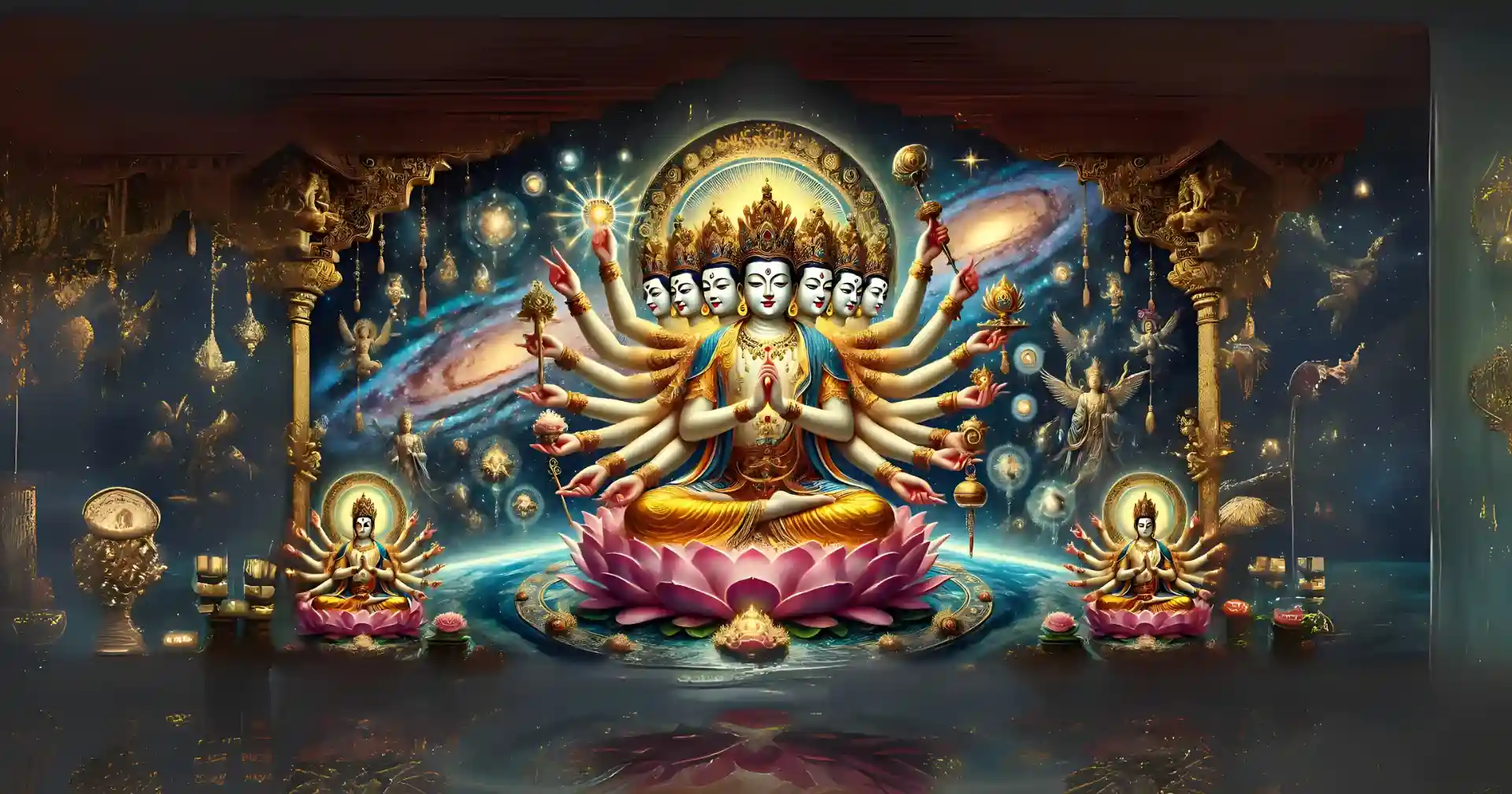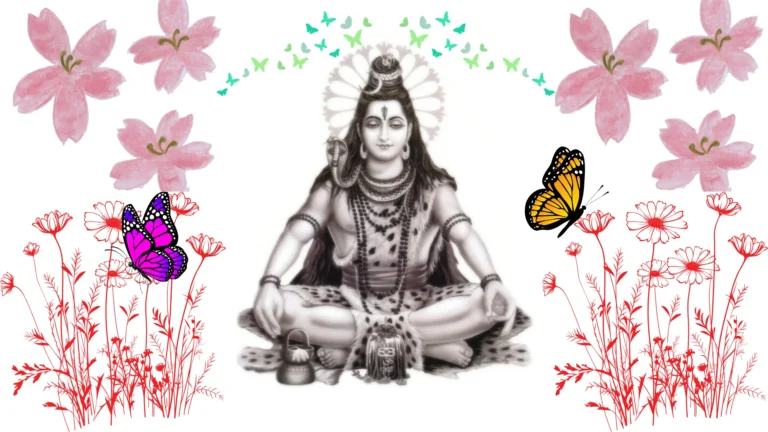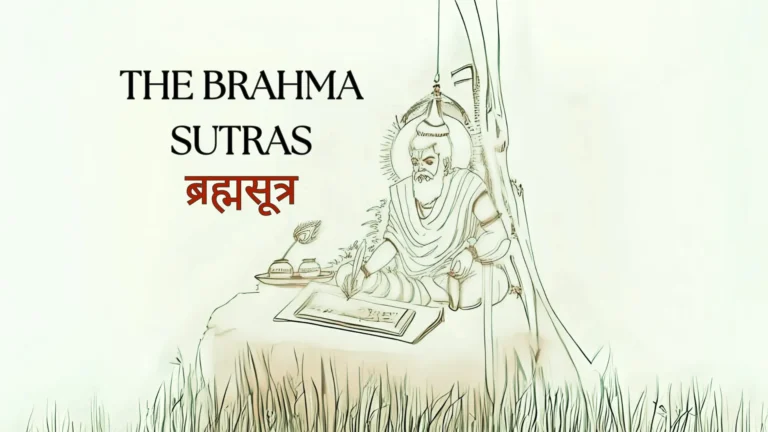Table of Contents
Foundation of Avalokiteshwara’s Dhamma
- Nature of Hearing:
Two types of hearing: transient (stimulated) and eternal (universal). - Transcending Birth and Death:
Deep observation uncovers the non-birth and non-death reality. - Interplay of Mind and Nature:
Nature as substance and mind as function creates inseparable unity. - Eternal Awareness:
Awareness transcends physical sound, even in utter silence. - Dhamma Practice:
Understanding the mind through observation is the essence of Dhamma. - Attaining Tao:
Aligning with the flow of nature leads to enlightenment.
Enlightenment through sounds of the World
According to Avalokiteshwara, the earthly manifestation of the self-born eternal Buddha Amitabh, while practicing Dhamma on an island, one can attain enlightenment simply by perceiving the sounds of the world as they rise and fall in conjunction with the ebb and flow of the ocean.
He, the Bodhisattva, attained enlightenment from the sound of the tide rising and falling and comprehended completely the Dhamma of birth and the birthless. Now, someone asked as to how the Bodhisattva attained Tao, the flow of nature, and became enlightened by simply observing the ebb of the tide.
To this, it is said that the Bodhisattva, while practicing by the sea, contemplated the sound as it increased, decreased, and then came to a stop, occurring simultaneously with the ebb tide. He pondered very deeply at the root of all causes and finally attained enlightenment by understanding that all existence is subject to coming and going, birth and death, rise and decay, and hence impermanent.
However, the hearing aspect is by itself boundless, timeless, and beyond the realm of birth and death. Others, who are non-practitioners, can hear, but they do not hear deep enough. They do not listen. While hearing sounds, they only think superficially of the outside.
7/8 Questions from Sanatana Dharma
The scores generated in this Quiz may or may not be absolute. There may be right or wrong answers to each Question. A percentage towards 100 indicates that you are more aligned to the overall subject matter.
Awareness of Utter Silence
They fail to realize that the tide has birth and death, but the nature of hearing transcends birth and death. Although the sound of the tide stops, our nature of hearing goes on. It is unhindered. Even though on a pitch-dark night in utter silence, there is awareness of that silence of no sound.
It is important to observe that there are two kinds of hearing: one comes and goes in response to stimulation, while the other functions independently of it. The independent characteristic of hearing never vanishes for a second. The nature of hearing is universal and can never be destroyed.
Being Rooted in Non-Birth and Non-Death
Our mind aligns with whatever we deeply observe. If we merely observe birth and death, there shall be birth and death. If we go a few levels deeper and observe at the root, one shall observe non-birth and non-death. When we become capable of this observation, there is no birth and no death. All things are produced by mind alone and completed by deliberation and contemplation.
Everyone has a mind and has the potential to formulate a world based on one’s intentions. Nature is the substance and mind its function. Function and substance are inseparable. They have independent characteristics, yet function and substance have a causal connection. Nature governs the mind, and mind projects nature. They both are a unit mesh. Dhamma practice begins with this understanding.
One only needs to understand one’s mind through observation. Observation is beyond mind and nature. It is of the nature of hearing or seeing. It is eternal. If one truly observes the mind, one shall be able to see one’s true nature. Following this, one attains Tau, nature’s way.
The Intense Connection between Awareness and Observation
It is important for one to enter into the zone of silence. Only when we enter the zone of silence can we observe life in it’s entirety. As a person becomes quite observing the arriving and departure of things, events, circumstances and time, he slowly enters the zone of inner peace and silence. The tendency to hold-on to things, people and situations is that which shall restrict his ability to enter this silent zone.
When a person simply slips into this silence, his sense of observation, shall deepen and perceptive capabilities shall go beyond the domain of what one assumed to be true at one point in time. He shall see that this observation shall seamlessly establish him in pure awareness, our essential self, the Anatta, the non-self.
You display your love by reading this valuable material. So kindly read and consider financially supporting us to keep our efforts going with renewed vigor! Supporters in India can donate via Razorpay while those abroad can use PayPal!








